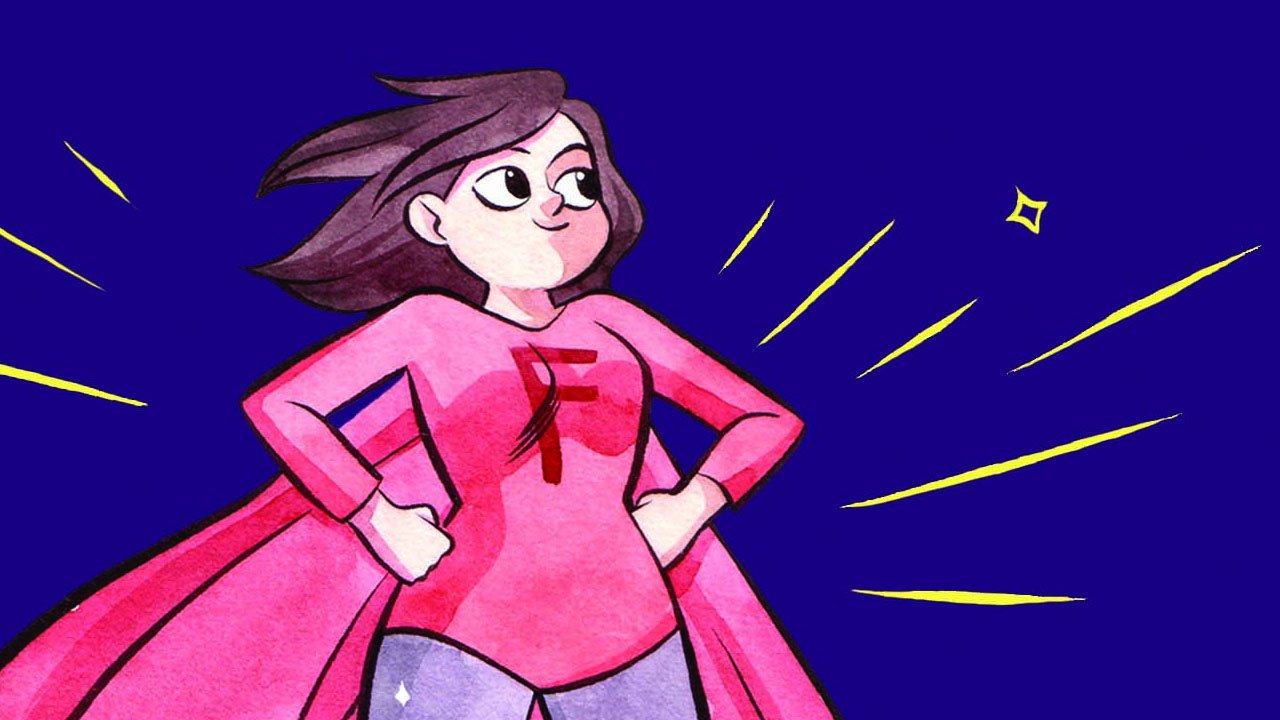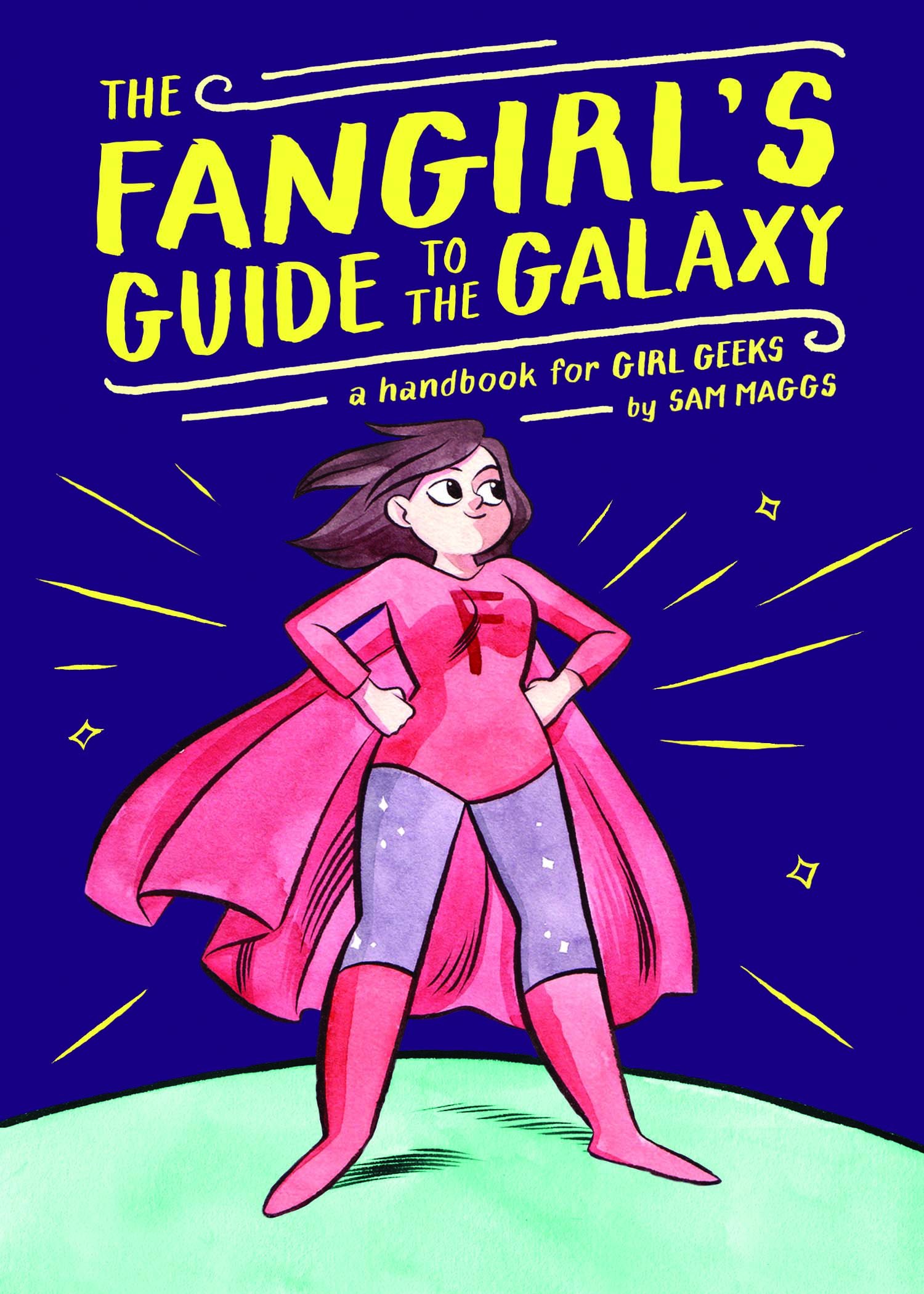This compact, informally written girl-nerd-guide’s overall message to its reader is ‘it’s OK to be a geek and proud of it, especially if you’re a girl.’ We can agree this is a positive message.
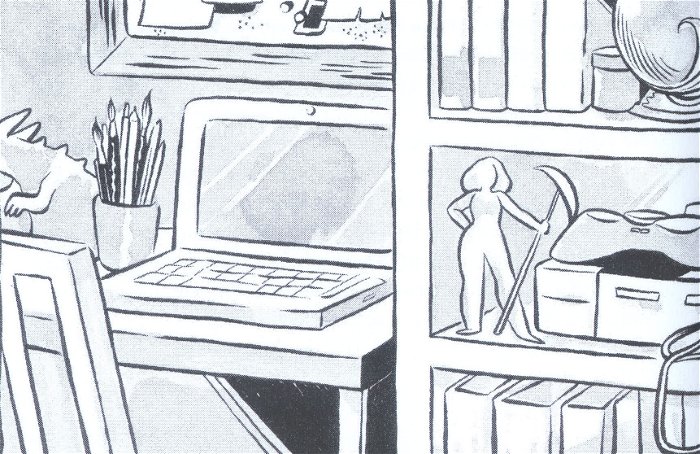
Maggs brings together numerous catalogues and directories from a list of different fangirl identities, fangirl slang words, different internet platforms on which fangirls can express their fandoms, to a guide about how to survive conventions, how to deal with internet trolls, and lists of girl-friendly resources.
A great companion book for pre-teen girls who may have just dipped their foot in the water of the vast world (or galaxy) that is nerd culture and feel overwhelmed or lack confidence.
As someone who certainly has a few fangirl-esque obsessions, sure the X-files is incredibly important to me, but so is proper spelling and grammar! Yes, I’m a word nerd (and proud), so there were parts of the book, which might seem cute and quirky to some, but that I found plain cringe-worthy. Reading a subheading titled “Halp, What Is Things?” or “What Even Are Words??” makes me want to barf a little.
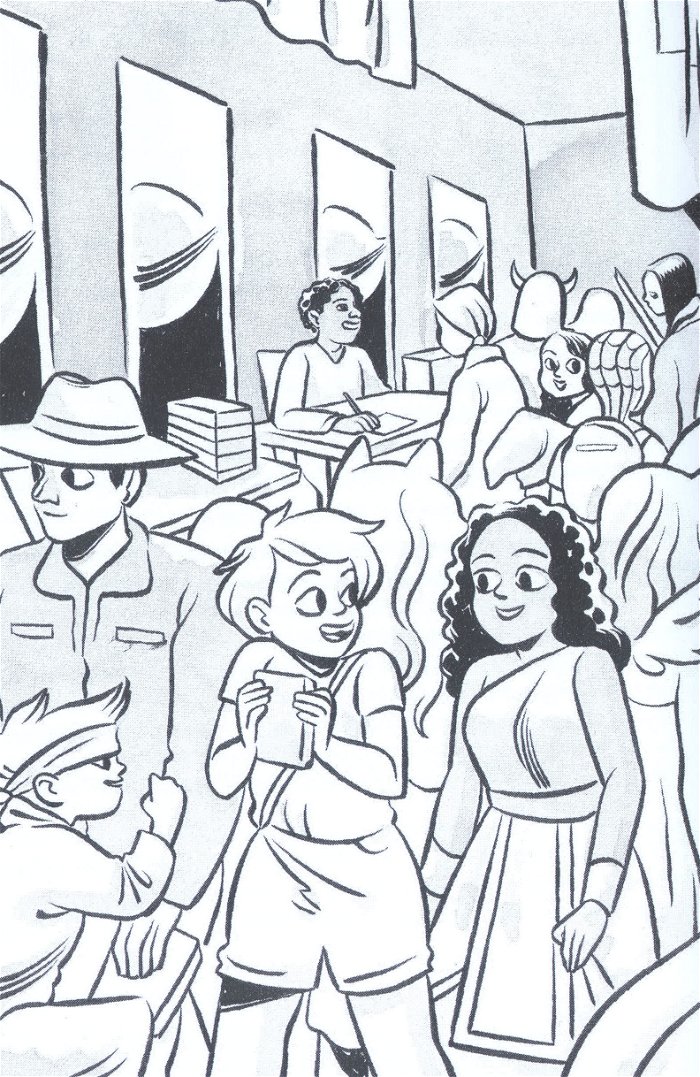
While the valley-girl nerd-speak language was a huge turn off for me, a couple inconsistencies arose that took away from the overall “geek girl power” message of the guidebook.
The final chapter on “geek girl feminism” was generally well done. I definitely consider myself a feminist, and I guess since I like geeky things, I could be placed under the “geek girl feminist” category as well. Again, the language style in this particular section of the book was extremely off-putting. As a book that seems to speak to a younger pre-teen generation of girls (for the most part), I’m not sure that using fun, silly, slang language to talk about these (what I consider serious) issues is a very effective way to bring them to light and almost devalued the gravity of these problems in nerd culture.
When Maggs defines the geek girl term “squee” with this example: “Jensen Ackles asked if he could grab my butt during a photo op! Squeeeeeeeeeee!” and then near the end of the book lists a number of unacceptable “guy” behaviours, one of them viewing women as objects, I felt uncomfortable. I guess it’s OK because he asked first? Or because Ackles generates all the “feels”? Not to mention the audience for this book seems to be for pre-teens. Gross.
Inconsistencies aside, there are certainly some useful sections in The Fangirl’s Guide. One section lays out how to survive conventions and was particularly helpful. As someone who’s had some interest in attending a massive con (but never has), the list of what to bring and how to survive in a costume had some great advice that I would definitely follow if I do some day decide to venture to a con.
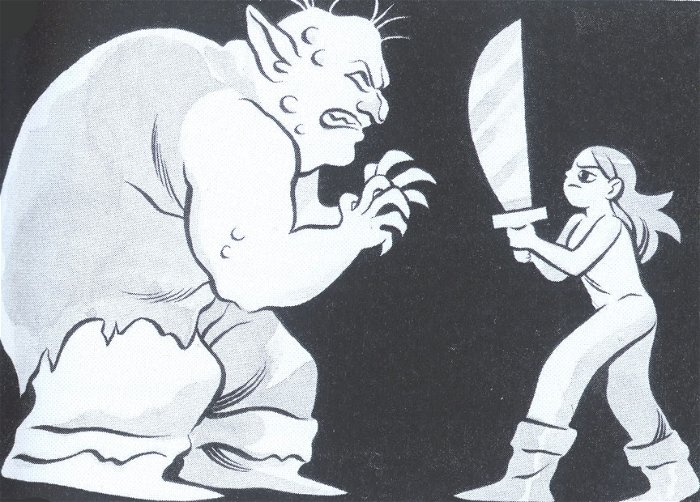
Maggs also provides a list of resources in the Finding Your People section of the book. She lists different web resources that make it easier to find social events and venues depending on which geeky things you find interesting. Always good to know.
Overall, the questionable target audience makes this book difficult to recommend. The majority of the book seems to speak to a fairly young audience, but sections about getting nerdy tattoos bring that into question. So in some ways, any girl (pre-teen to mid-20s) who’s interested in diving into any sort of fangirl culture but feels pushback or intimidation could use The Fangirl’s Guide as a decent starting point. As long as she’s not a spelling or grammar nerd.
